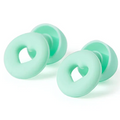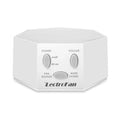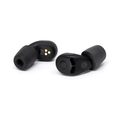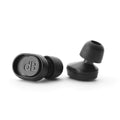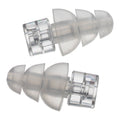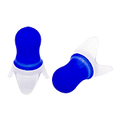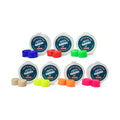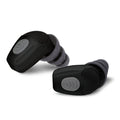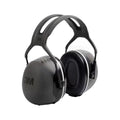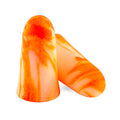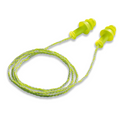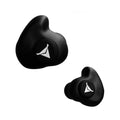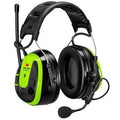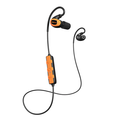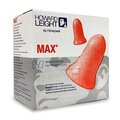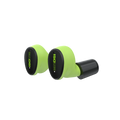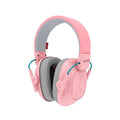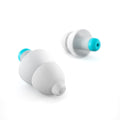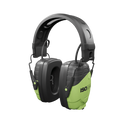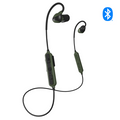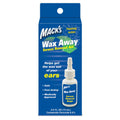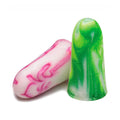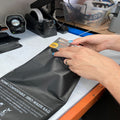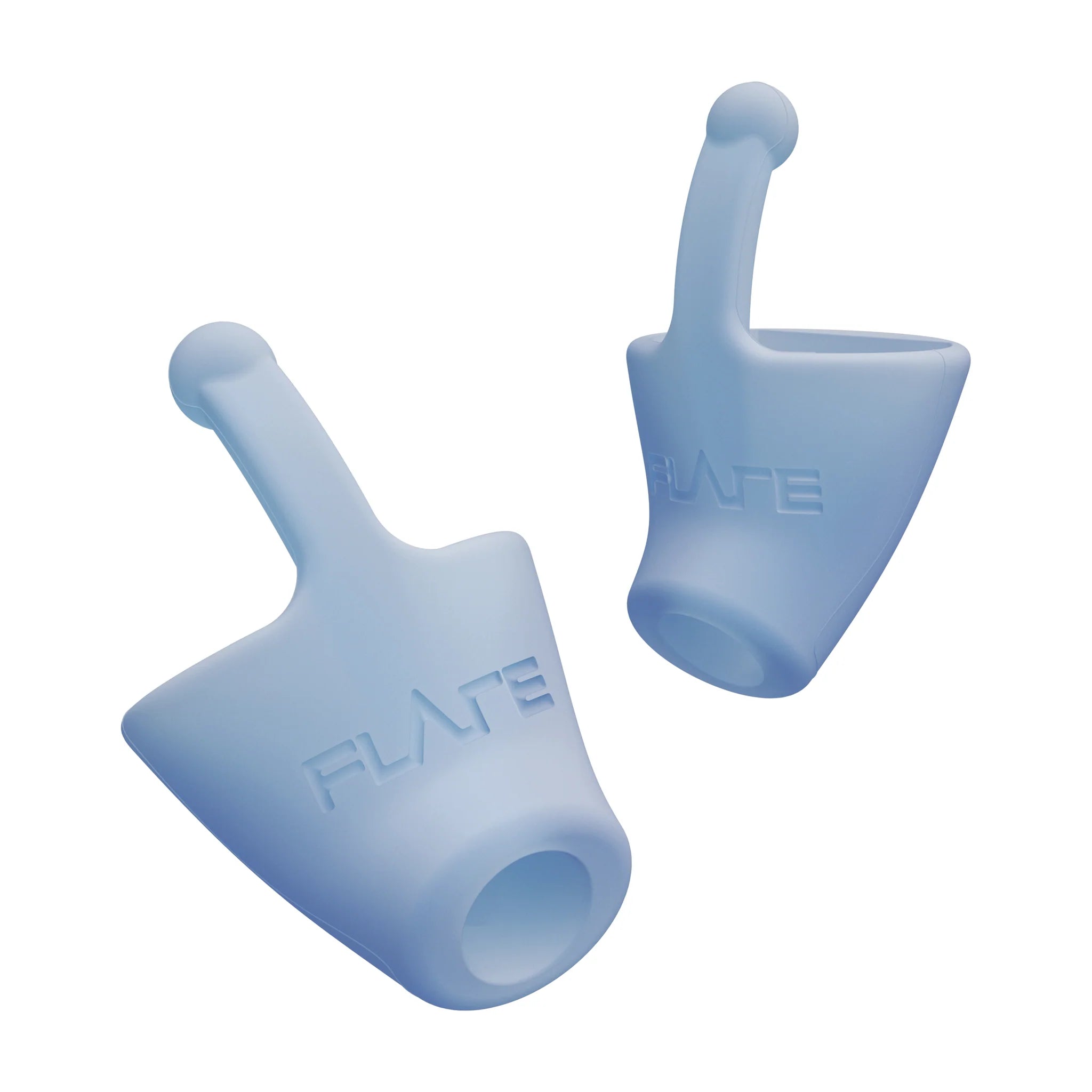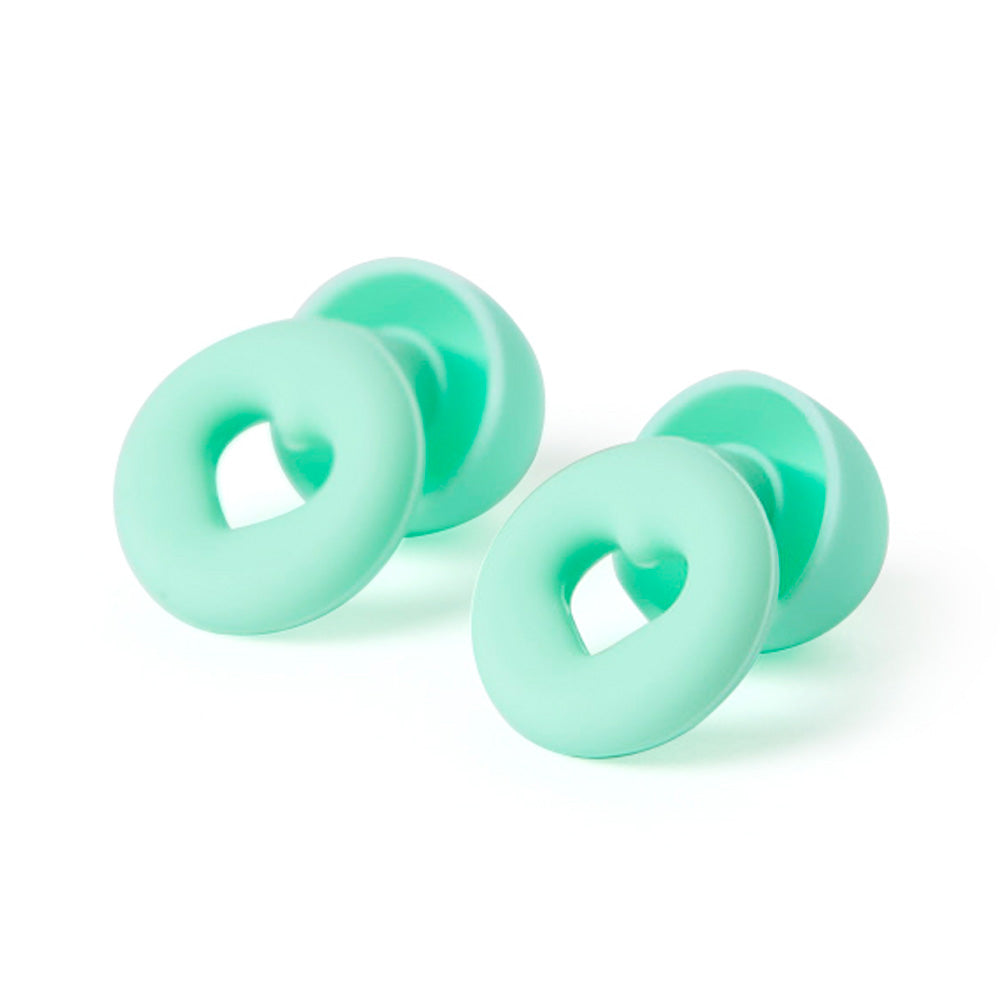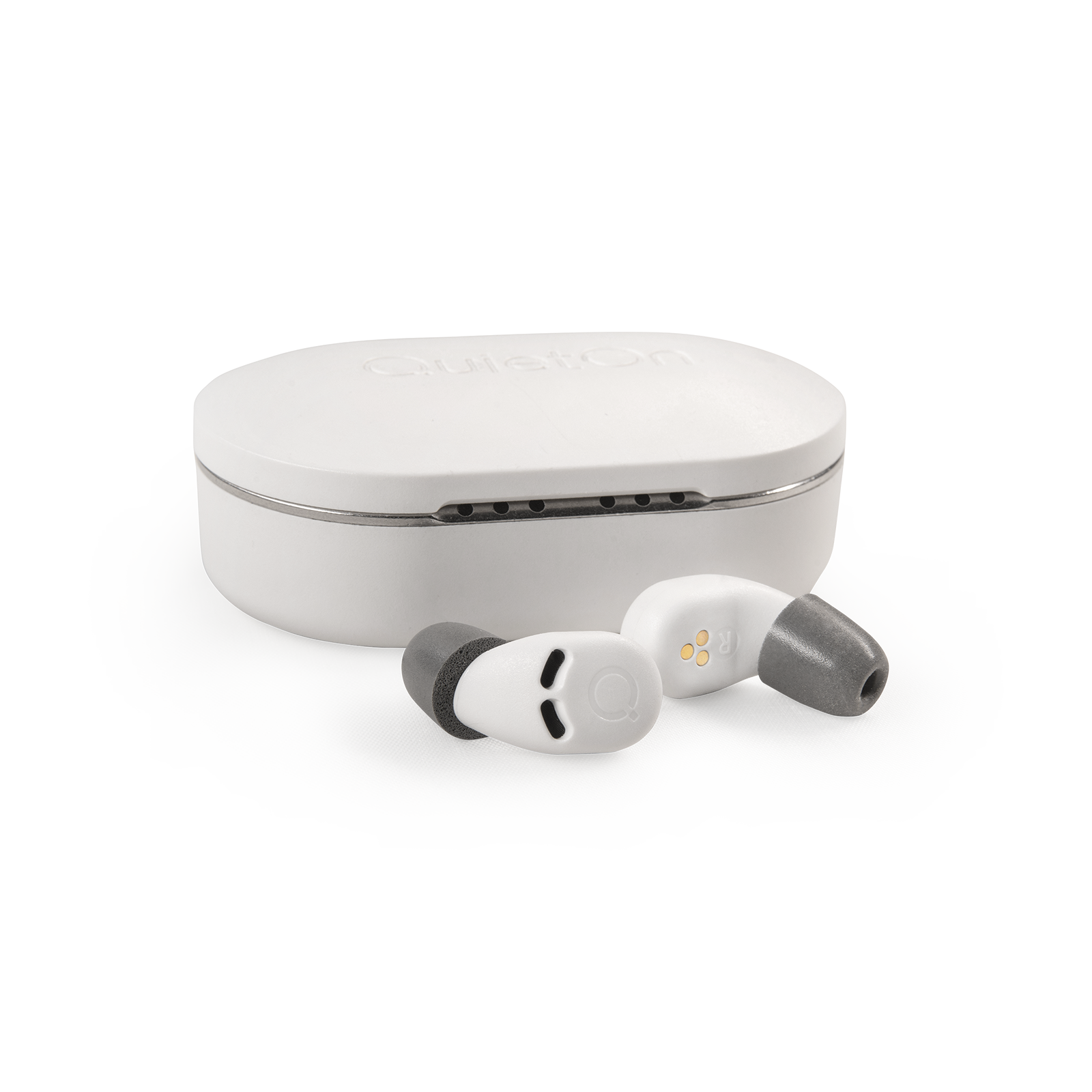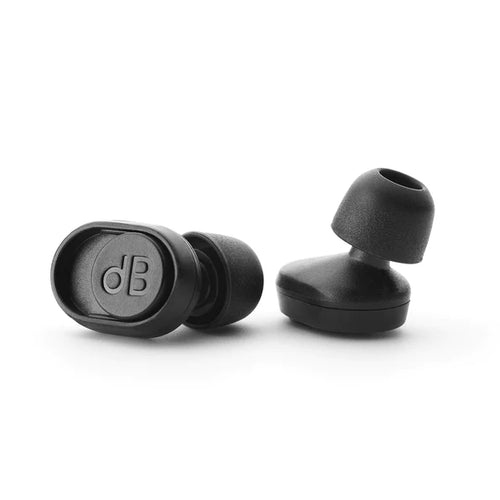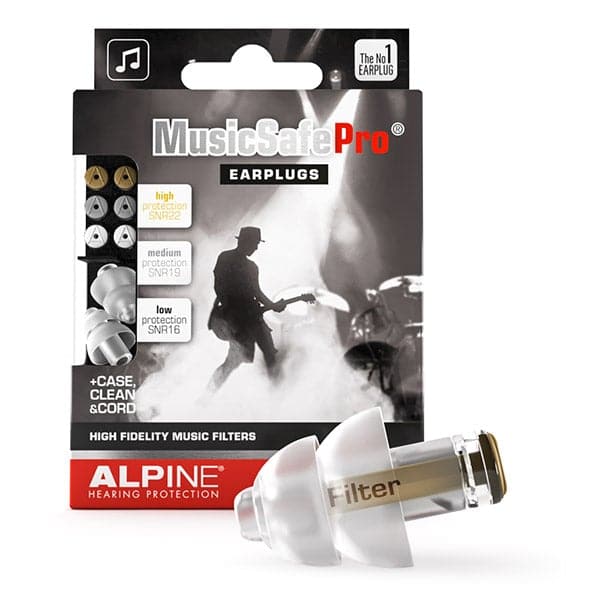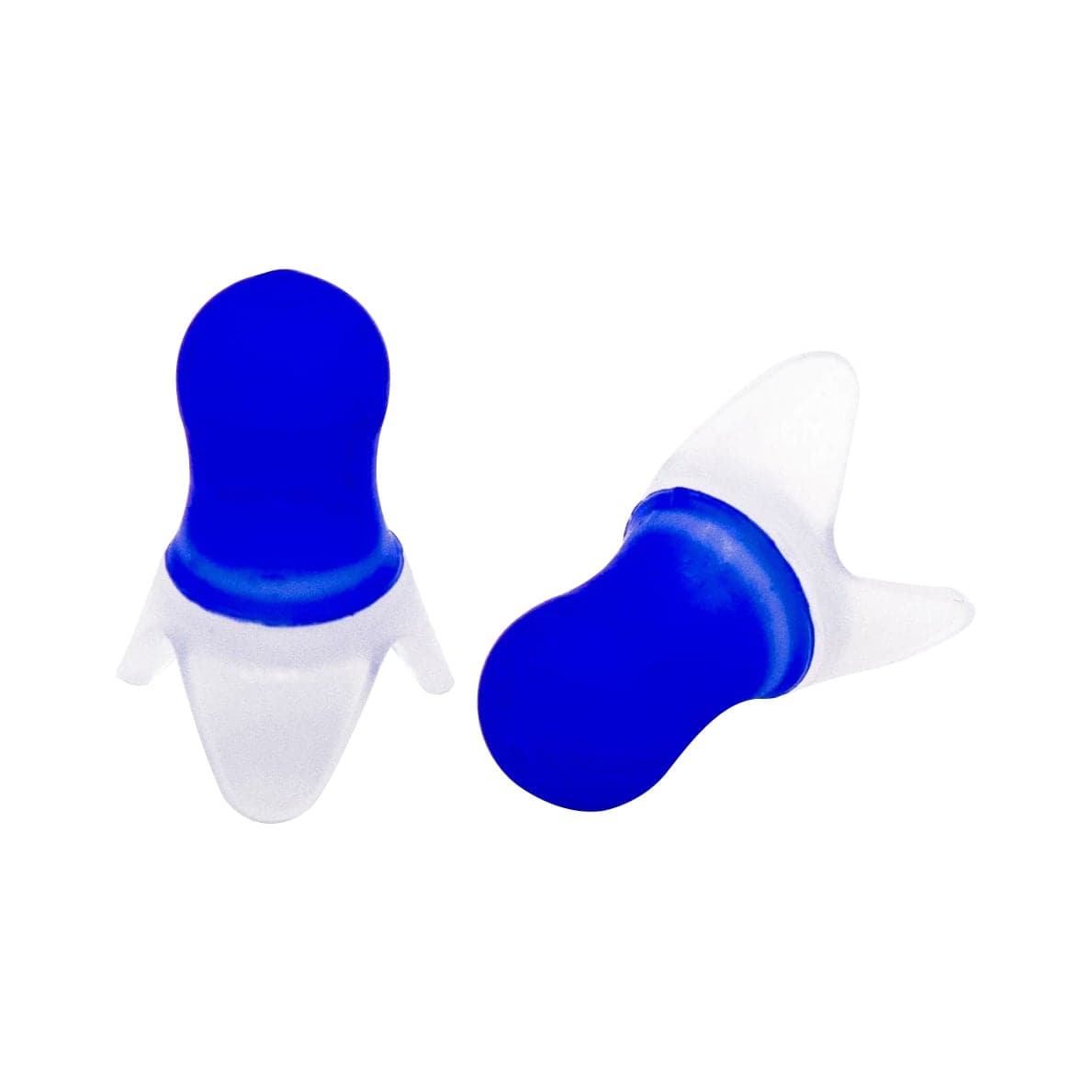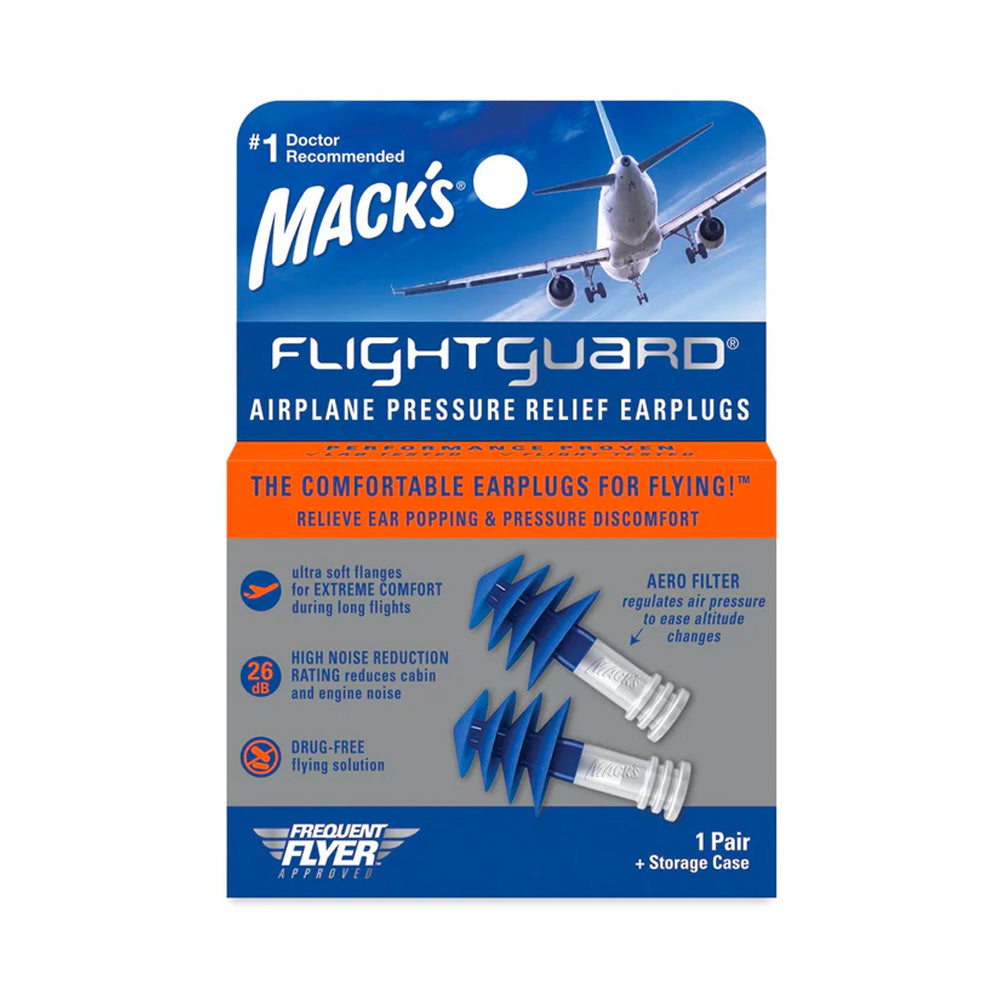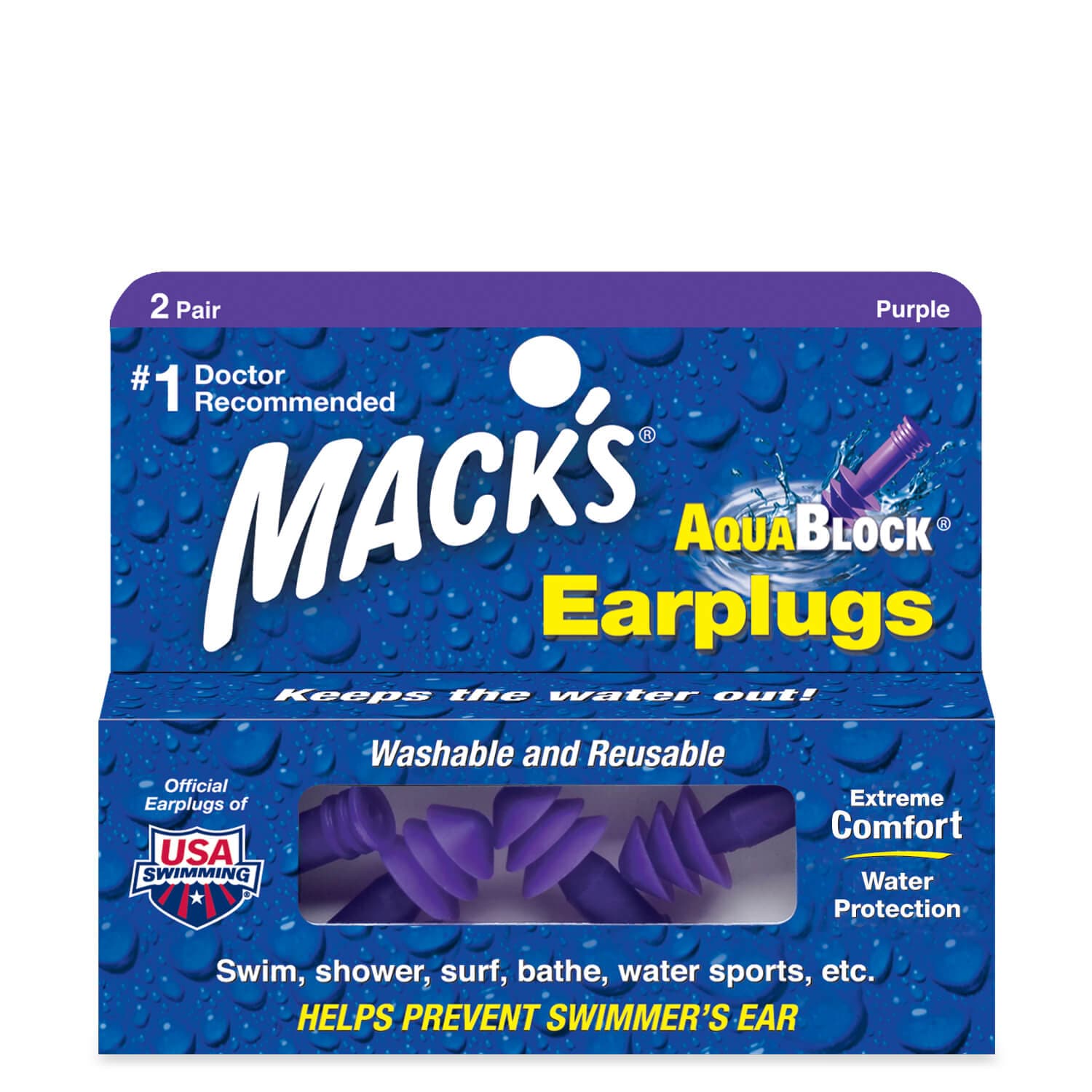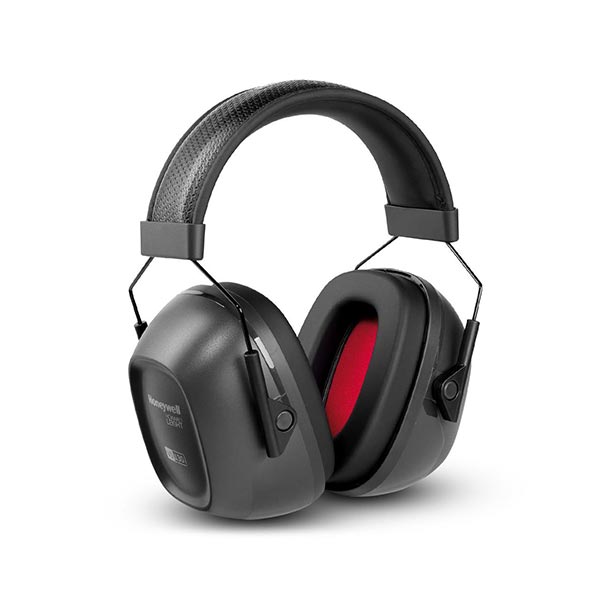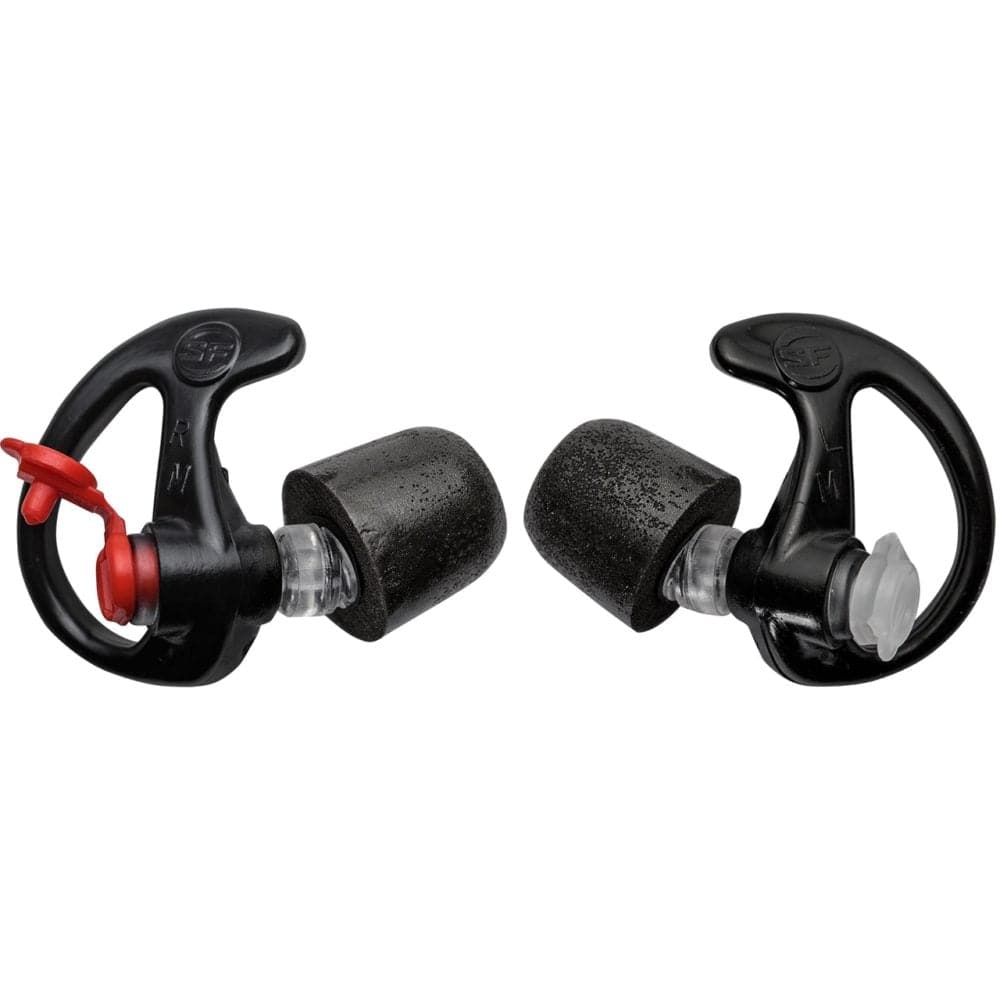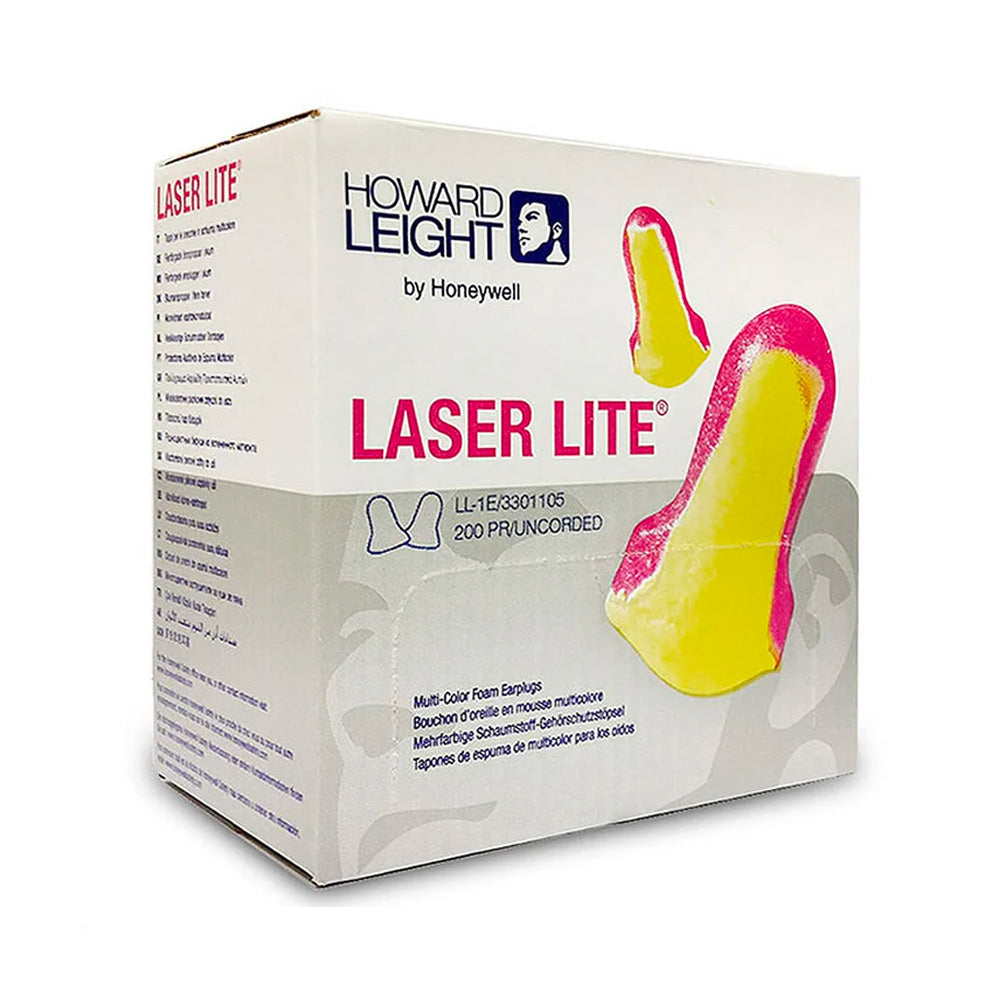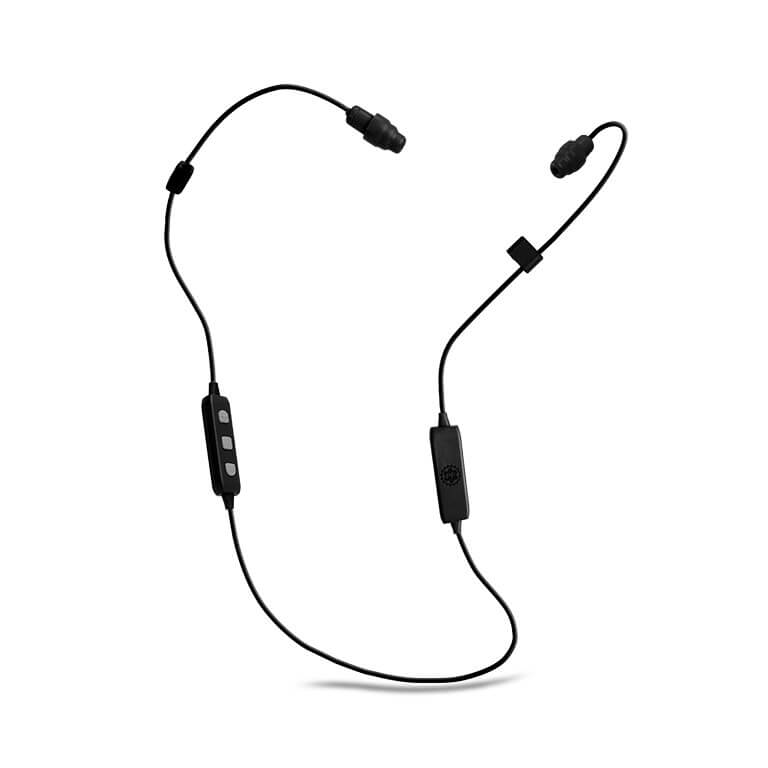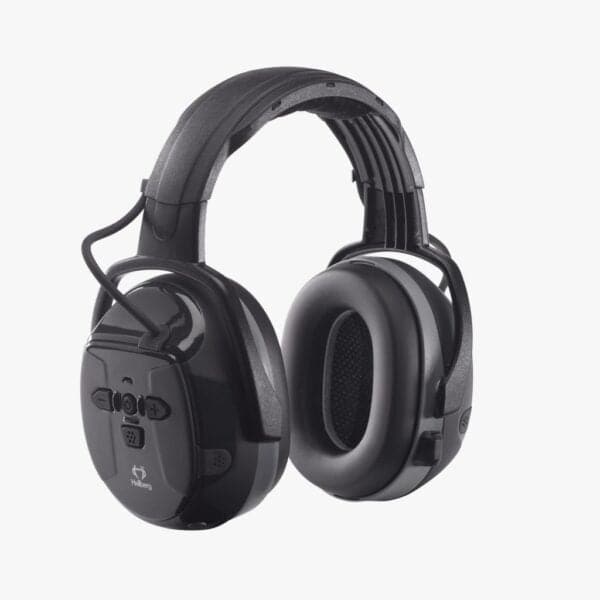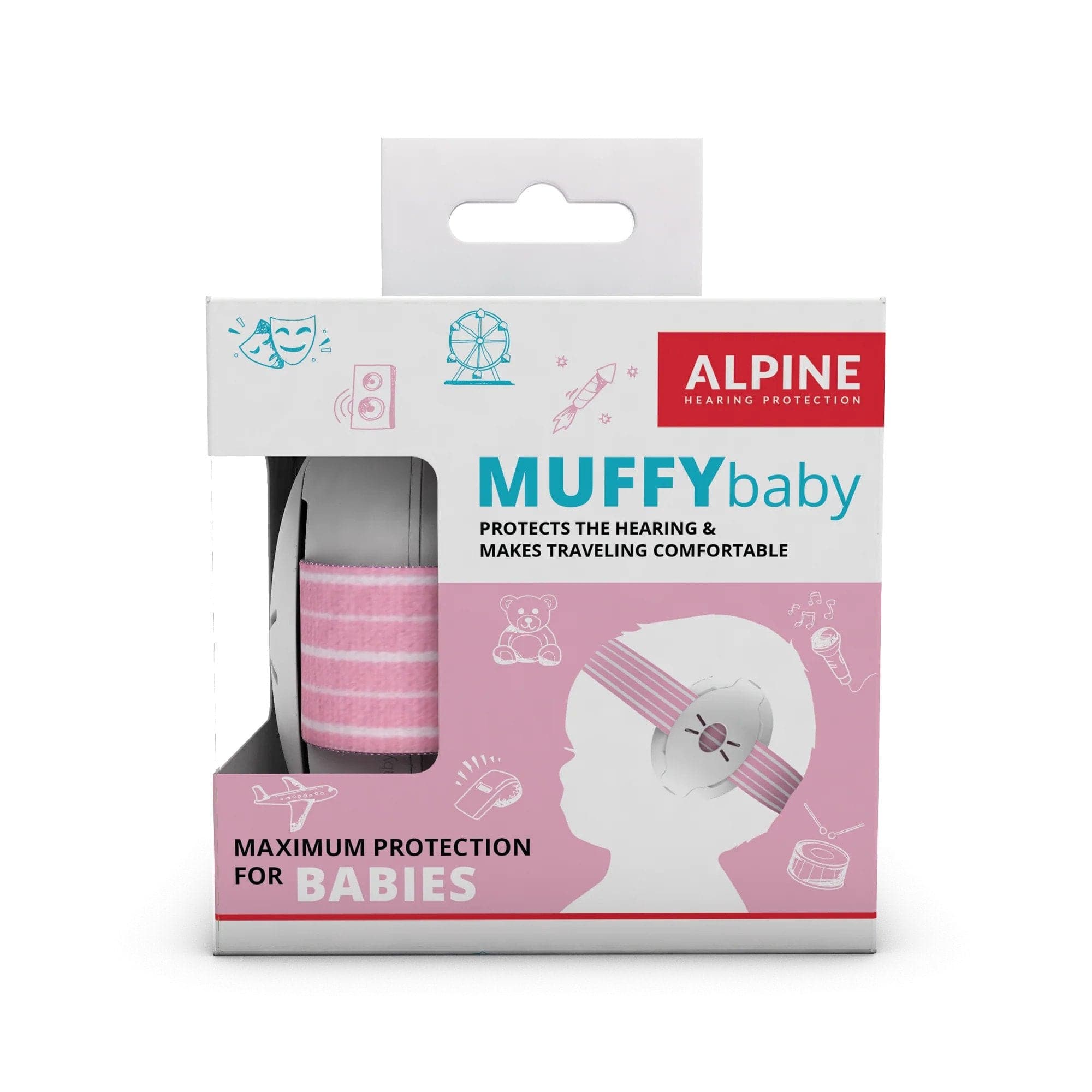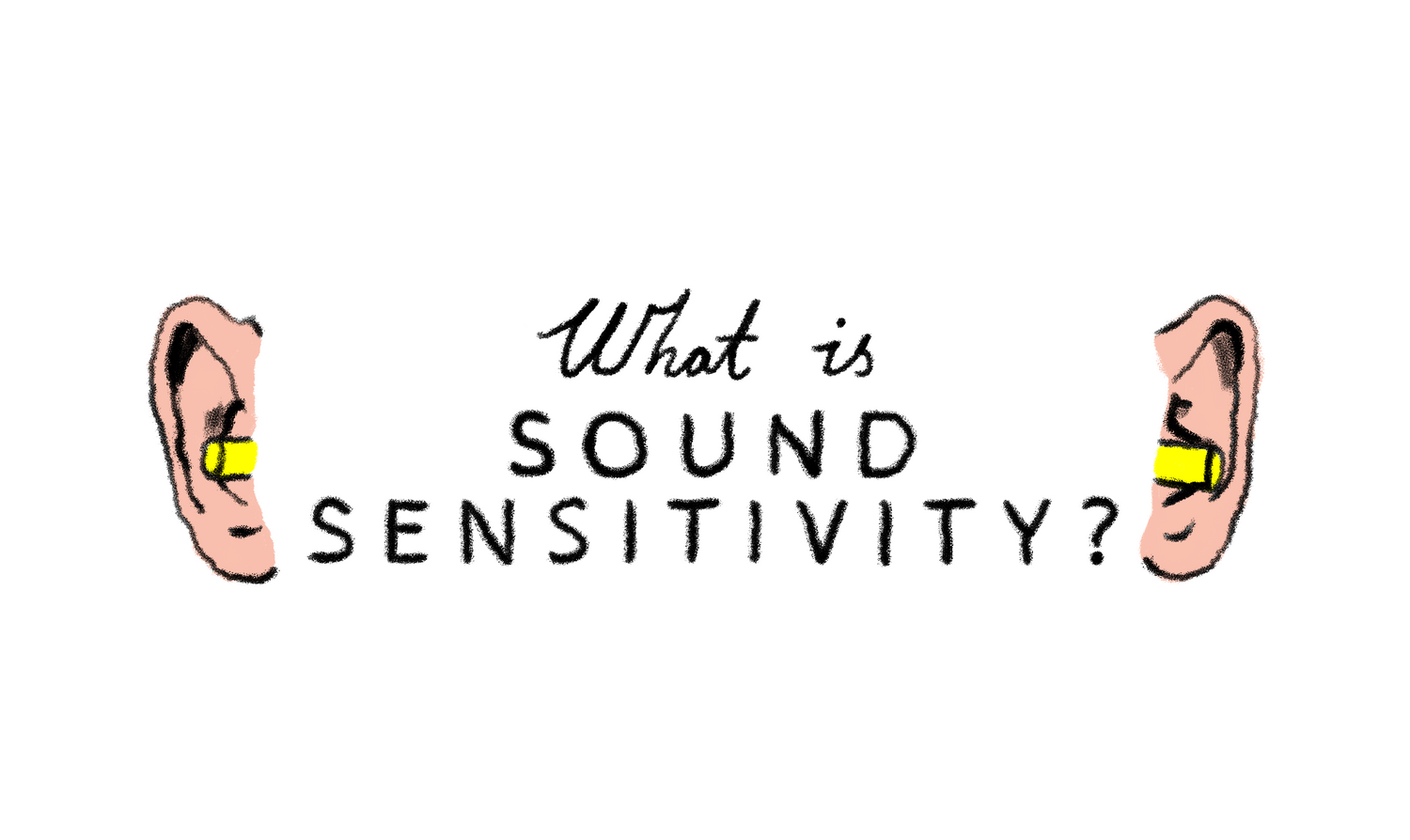Some individuals suffer from a sensitivity to sound that does not otherwise meet the diagnostic criteria for sensory processing disorder, hyperacusis or misophonia. For individuals who might find certain sounds tolerable but annoying, with degrees of pain or discomfort that are acceptable but not ideal, you may be 'sound sensitive'.
How do I know I am sensitive to sound?
Often, sound sensitive individuals have certain contexts or settings that they find disruptive. For example, a sound sensitive person may have no issues with ambient noise 99% of the time, but find the echoey ring of a whistle at their child's sporting match really grating. A few other common examples of triggers for sound sensitivity:
- Repetitive ambient noises, such as fan noise, engine noise, or the sound of public transport.
- High pitched or high frequency noises, such as a child’s cry or police sirens.
- Industrial noises, associated with renovations or building work.
This sensitivity can be heightened when sick or tired or (and remember, Earjobs doesn’t judge!) while hungover. It typically manifests in:
- Discomfort.
- Low levels of stress.
- Headaches or migraines.
You might also notice that you sleep more delicately, or are most prone to waking up in the night if your partner is snoring or if there’s loud traffic in the street.
If you find that the levels of discomfort are completely intolerable, or you feel spikes in anxiety that activate a fight or flight response, that’s worth looking into. These sorts of symptoms are less associated with general sound sensitivity and could instead be a sign of Misophonia, Hyperacusis, or Sensory Processing Disorder.
If, however, the level of discomfort is ordinary and just a nuisance, it’s more likely you have general sound sensitivity. The good news: this doesn’t indicate any imminent hearing damage or long term issue. If anything, the opposite is true — your ears are highly attuned! At the same time, this does not mean you necessarily have to continue suffering. For general cases of sound sensitivity a low level intervention can be sufficient to minimise distress and discomfort. More importantly, sensitive ears are vulnerable ears: if you’re exposing yourself to loud noises either through work, or through concerts, motorcycling, gardening and the like, you should be wearing hearing protection.
What can I do about it?
For general degrees of sound sensitivity, there are a few simple interventions that can be considered.
Most sound sensitive individuals only really face their condition in a sleep context, when they struggle to sleep through the night due to the presence of noise that others seem to simply snooze through. If you’re struggling to sleep and suspect sound sensitivity is the source of the issue, a simple reusable sleeping ear plug can work wonders in creating the proper quiet atmosphere necessary for an uninterrupted night. The Alpine SleepSoft is super comfortable, made with flexible components that allow for use by side-sleepers, and blocks a good 23 decibels when properly fitted. Specially designed filters allow you to hear your kids, pets, or that morning alarm, making this a great first instance response to sleep issues.
If, however, you feel like you want a hearing accessory that can assist with sensitivity in your daily life, consider the Flare Calmer. Unlike an ear plug, the Calmer doesn’t block any sound — but rather softens the sound distortion that acts as a trigger for sound sensitive individuals. This makes it a great solution for wear in contexts that typically frustrate your ears. You can fit them for your child’s sporting games, for trips to the supermarket, or even for working from home. By reducing distortion, the source of distress is lessened, allowing sound sensitive people to thrive in environments that would otherwise cause discomfort.
Final Word
If you’re on Earjobs, it’s likely you’re on some level sensitive to sound — it’s the reason 99% of people resort to sleeping plugs. Low degrees of sound sensitivity are nothing to worry about, however, and can be managed without any lifestyle changes. A simple low level plug or hearing accessory can dispel those triggers and let you live more comfortably. If you find your distress or discomfort worsening or causing significant quality of life reduction, it’s likely you may have another hearing condition — in this case, have a chat with your GP.

